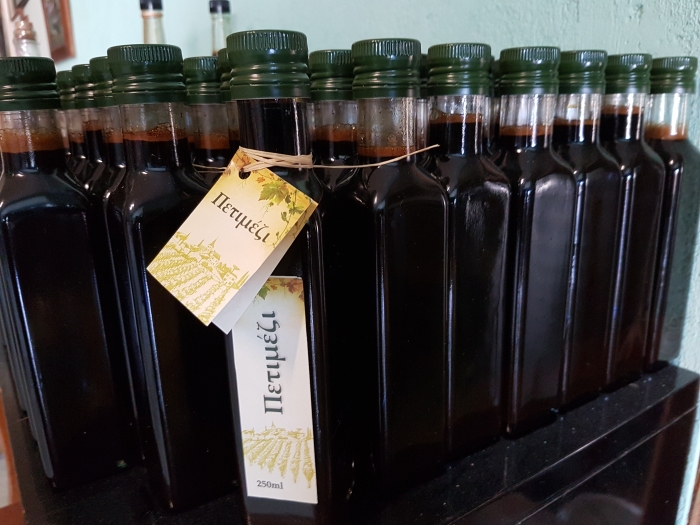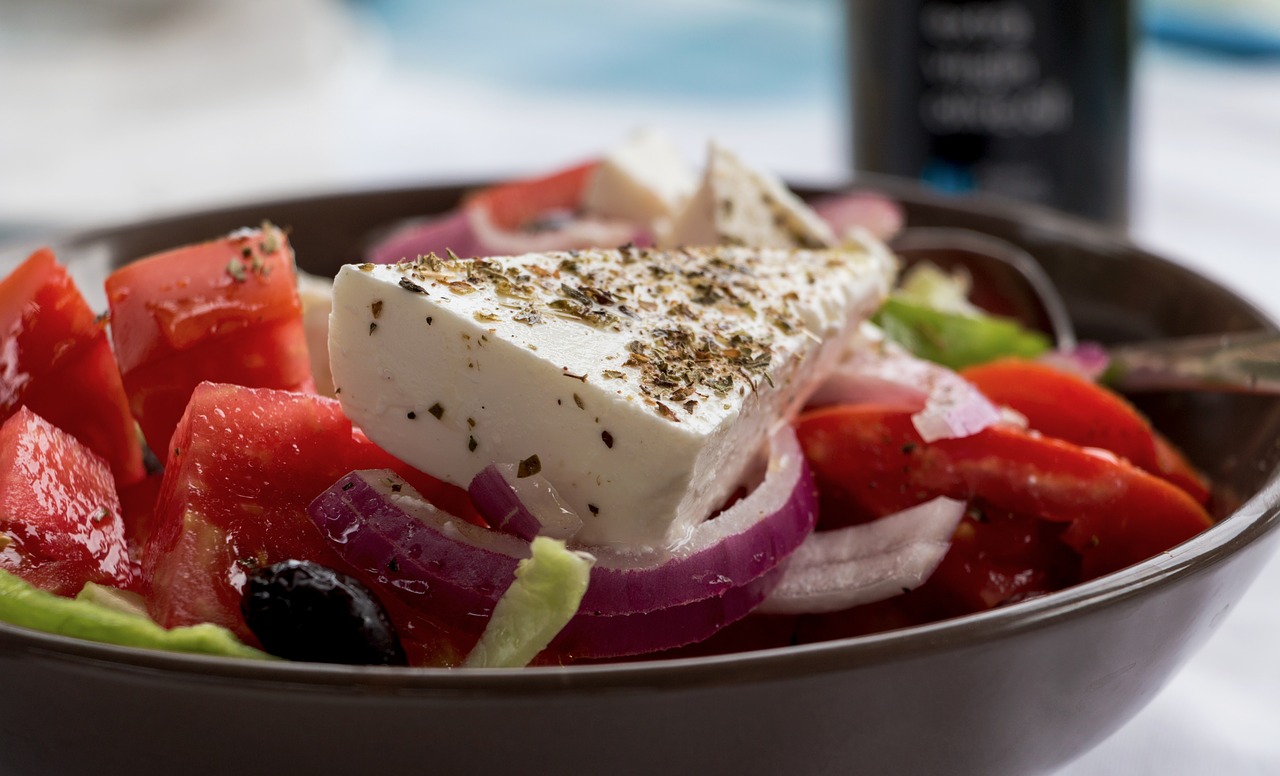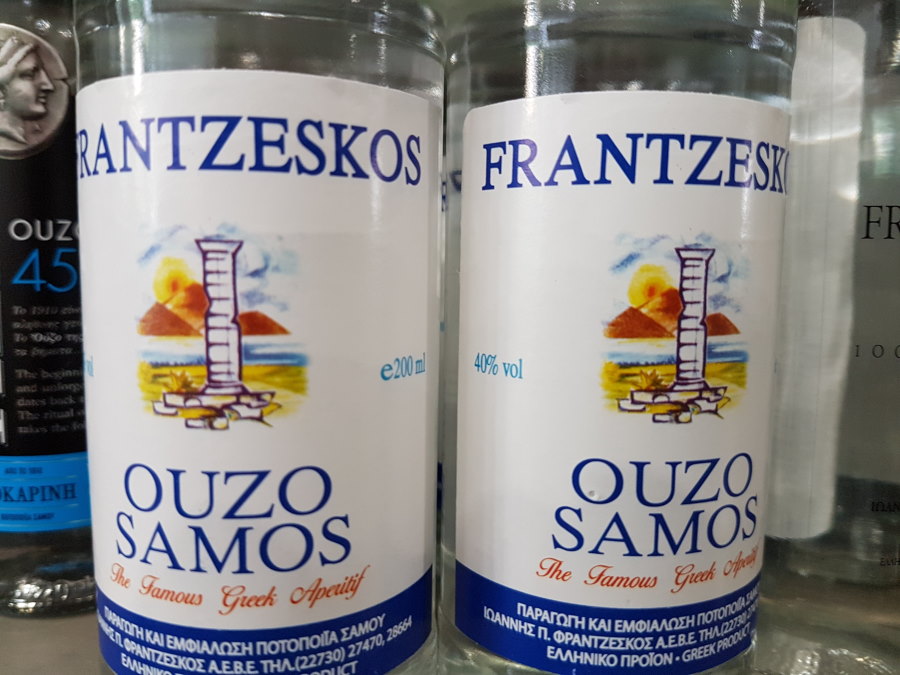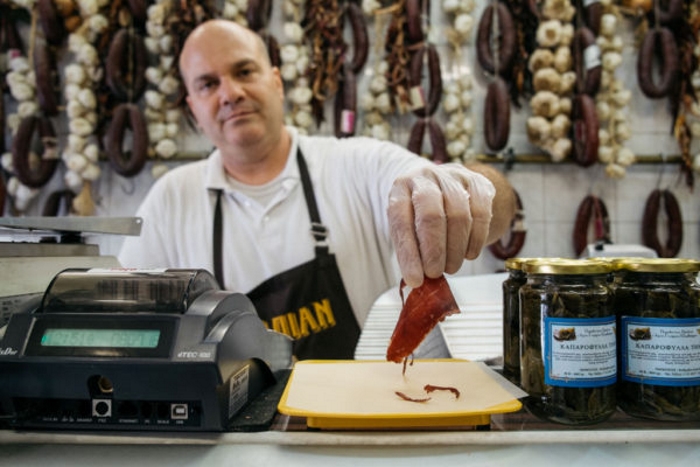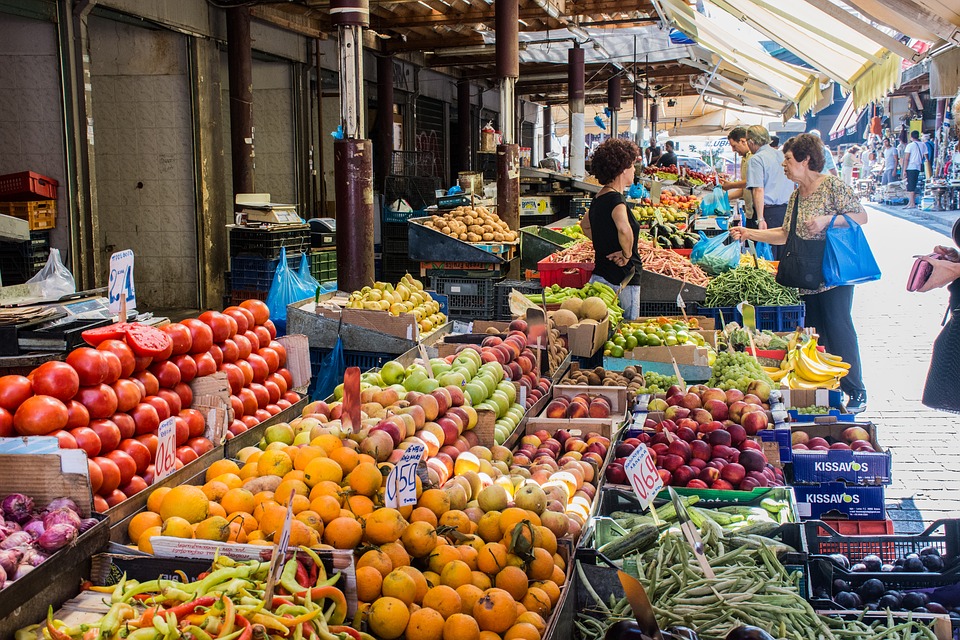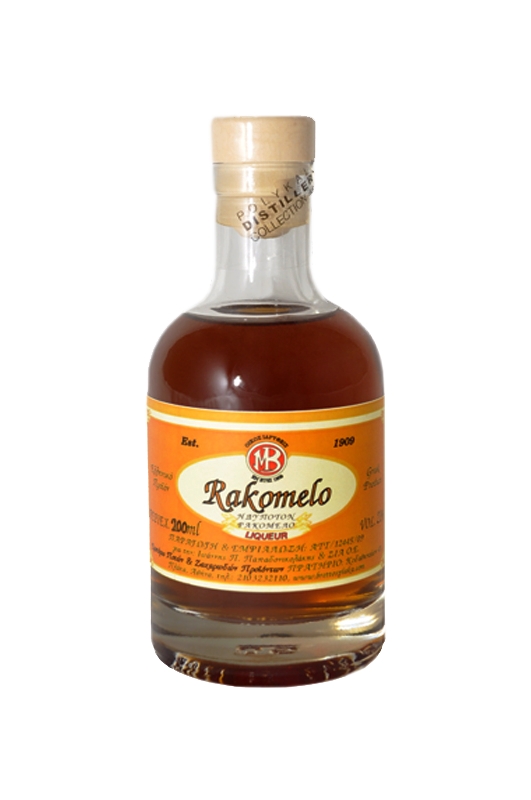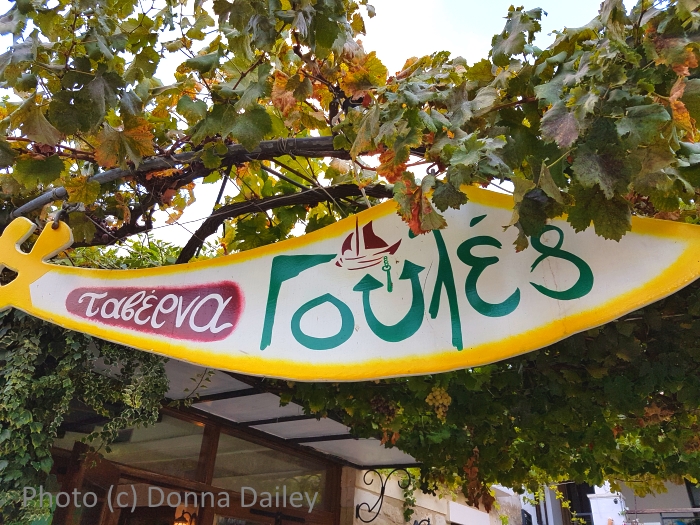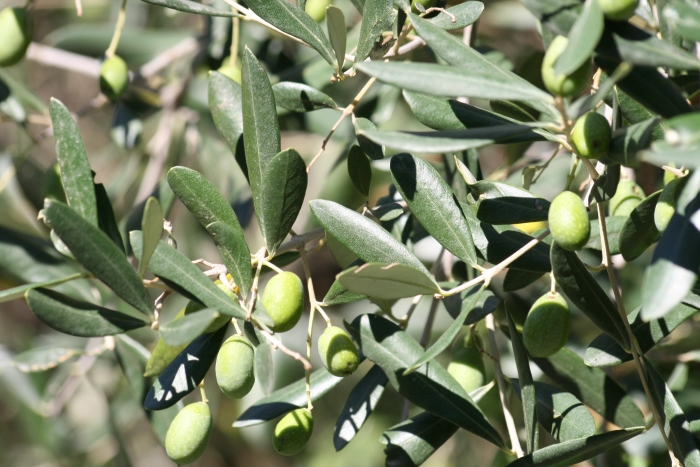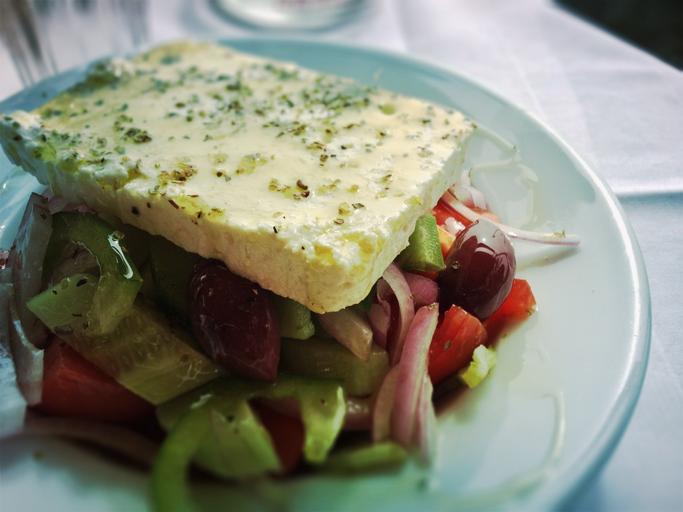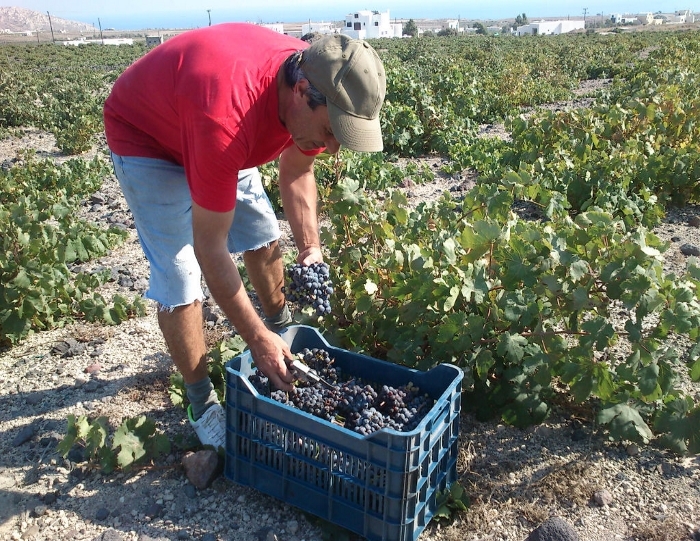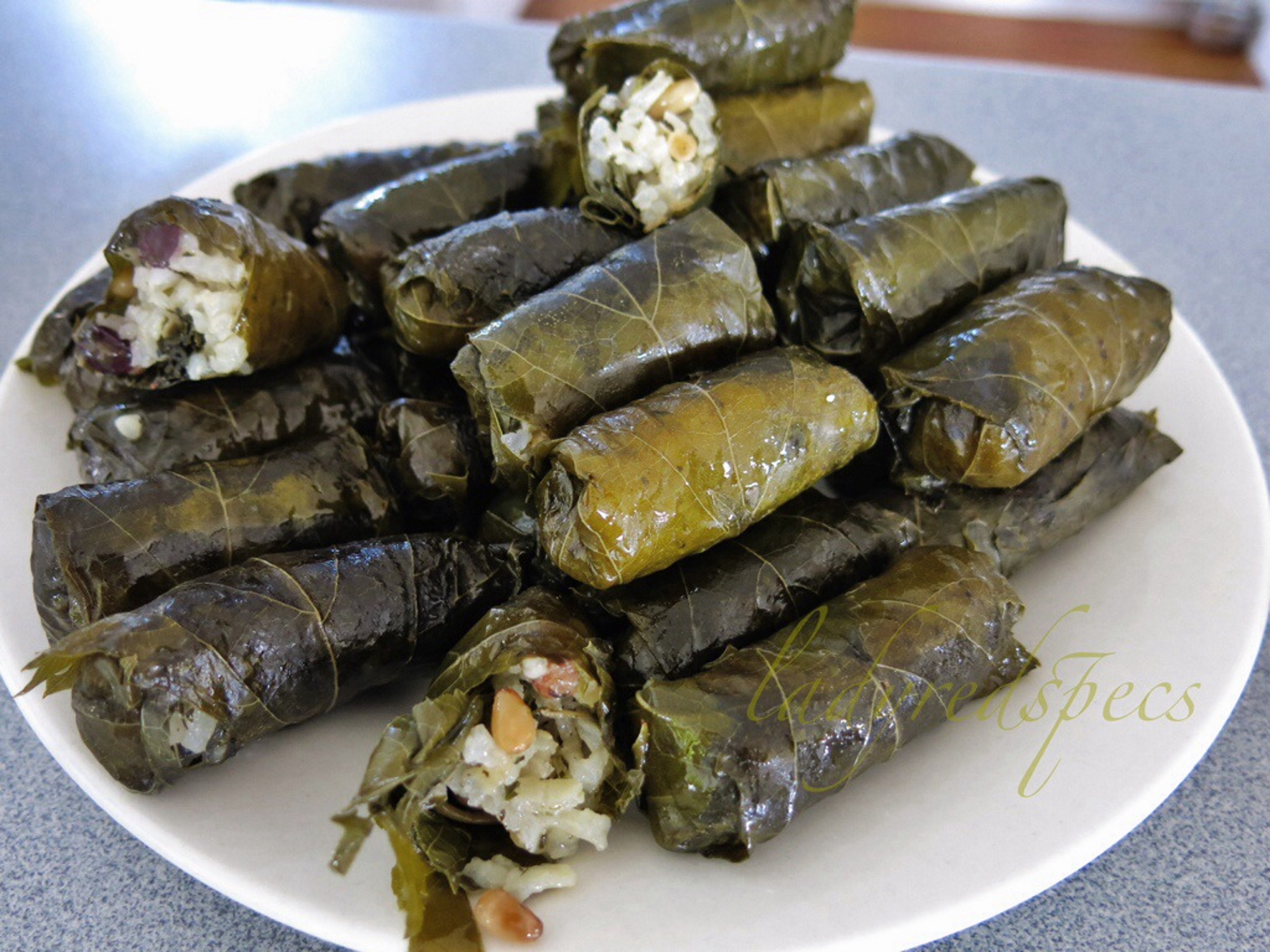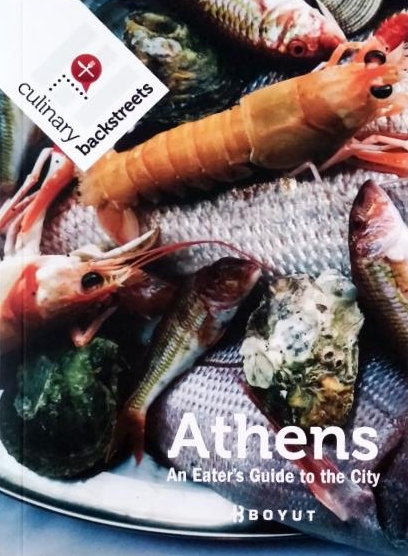- HOME
- FOOD & DRINK
- Moussaka History and Recipe
Moussaka: A Culinary Journey through Greek History, and a Recipe
Greece Travel Secrets reveals the history of the classic Greek dish, moussaka, as well as providing a recipe for you to make your own.
Moussaka, a beloved Greek dish, is a culinary masterpiece that has captivated taste buds worldwide. This article delves into the rich history of moussaka and provides insight into its traditional recipe.
This file is licensed under the Creative Commons Attribution-Share Alike 4.0 International license.
The History of Moussaka
The Origins of Moussaka
Moussaka's origins can be traced back to the Middle East, with various regional variations found across the Mediterranean. However, it's the Greek version that has gained international acclaim. The dish consists of layers of ingredients, with eggplants (aubergines) and minced meat as the stars, all topped with a creamy béchamel sauce. To understand the evolution of moussaka, we need to explore its history.
Historical Influences
Moussaka's history is a tapestry of cultural influences that have shaped its unique flavors. The dish's roots can be traced to the Ottoman Empire, which ruled Greece for centuries. During this period, the Ottoman influence introduced ingredients like eggplants, tomatoes, and spices to Greek cuisine.
Ottoman Influence
Moussaka's Ottoman heritage is evident in its use of eggplants, a staple ingredient in Middle Eastern cuisine. The Ottomans, who ruled Greece from the 15th to the early 19th century, left their culinary mark on the region. The combination of spices, herbs, and layered cooking style can also be attributed to their influence.
Greek Adaptation
Over time, Greeks made moussaka their own by incorporating local ingredients and techniques. The use of minced meat, often lamb or beef, reflects the Greek preference for meats, while the addition of potatoes is a modern twist that sets Greek moussaka apart from its counterparts in other countries.
The Modern Classic
Greek moussaka, as we know it today, evolved in the early 20th century. The dish's popularity soared during this time, thanks to the efforts of Greek chefs and home cooks who refined and standardized the recipe.
Variations Across Greece
It's important to note that there are regional variations of moussaka in Greece. In some areas, you may find moussaka without potatoes, while in others, it's made exclusively with vegetables. The use of spices and herbs can also vary, adding distinct regional flavors.
Moussaka Recipe
The Classic Greek Moussaka Recipe
Now that we've explored the history and cultural influences behind moussaka, let's dive into the classic Greek recipe. Keep in mind that while the core ingredients remain the same, there can be variations in preparation and seasoning based on personal preferences and regional traditions.
Ingredients:
- 2-3 large eggplants (aubergines)
- 500g minced meat (lamb or beef)
- 2 onions, finely chopped
- 2-3 cloves of garlic, minced
- 400g canned tomatoes or tomato sauce
- 1/2 cup red wine (optional)
- 1 tsp cinnamon
- 1 tsp ground allspice
- Salt and pepper to taste
- Olive oil for frying
- 4-5 potatoes, peeled and sliced (optional)
For the béchamel sauce:
- 4 cups milk
- 4 tbsp butter
- 4 tbsp all-purpose flour
- A pinch of nutmeg
- Salt and pepper to taste
- 2 eggs, beaten
Instructions:
- Begin by preparing the eggplants. Slice them into rounds, sprinkle with salt, and let them sit for about 30 minutes to remove excess moisture. Rinse and pat dry.
- Heat olive oil in a pan and fry the eggplant slices until they turn golden brown. Set them aside on paper towels to drain.
- In the same pan, add more olive oil if needed and sauté the onions and garlic until they become translucent.
- Add the minced meat and cook until browned. Break it into small pieces as it cooks.
- Stir in the canned tomatoes or tomato sauce, red wine (if using), cinnamon, allspice, salt, and pepper. Simmer for about 20 minutes until the sauce thickens.
- If you're using potatoes, fry the potato slices until they're slightly golden.
- Preheat your oven to 180°C (350°F).
- To make the béchamel sauce, melt butter in a saucepan over medium heat. Stir in the flour and cook for a few minutes until it turns slightly golden.
- Gradually add the milk, whisking continuously to avoid lumps. Cook until the sauce thickens.
- Season the béchamel sauce with nutmeg, salt, and pepper. Remove it from the heat and let it cool slightly.
- Beat the two eggs and fold them into the béchamel sauce.
- Assemble the moussaka in a large baking dish. Start with a layer of eggplant slices, followed by the minced meat mixture (and potatoes if you're using them). Repeat the layers until you run out of ingredients, finishing with a layer of eggplant.
- Pour the béchamel sauce evenly over the top layer.
- Bake in the preheated oven for about 45 minutes to 1 hour, or until the top is golden brown and the moussaka is bubbling.
- Allow the moussaka to cool for a few minutes before serving. This dish is often enjoyed warm, not piping hot, to allow the flavors to meld.
Serving and Enjoying
Moussaka is traditionally served as a main course, accompanied by a Greek salad and crusty bread. It's a hearty, comforting dish that's perfect for family gatherings and special occasions. Pair it with a glass of red wine for the ultimate Greek dining experience.
To get a downloadable PDF of just the recipe, click here
Conclusion
Moussaka is more than just a dish; it's a reflection of Greek history and culinary creativity. Its journey from the Ottoman Empire to modern Greece is a testament to the dynamic nature of cuisine, shaped by cultural influences and regional traditions. Whether you savor it in a traditional Greek taverna or prepare it at home, moussaka is a delightful and flavorful experience that continues to be celebrated worldwide.
Latest Posts
-
Explore Vikos Gorge: Hiking, Rafting, and Food in Zagori
One of the most impressive canyons in Europe and one of Greece’s favorite mountain destinations, Vikos Gorge invites hikers and food lovers alike. -
Lefkada: The First Ancient Theater of the Ionian Islands Comes to Light
The first ancient theater ever discovered in the Ionian Islands is located in the heart of the ancient city of Lefkada, established before the end of the 7th century BC. -
5 Epic Island Hikes in Greece for Spring Explorers
This spring, five majestic peaks across Greece’s islands invite us to lace up our boots and discover a wilder side of island life. -
Greek Ferry Services to Halt on May 1 Due to Labor Strike
Ferries in Greece will remain docked for 24 hours on Thursday, May 1, as the Pan-Hellenic Seamen’s Federation (PNO) joins Labor Day mobilizations announced by the General Confederation of Greek Labor… -
Sifnos: Greece’s Hidden Culinary Star on the Rise
Sifnos, a Cycladic island, is gaining fame for its rich culinary heritage, especially the beloved melopita honey-cheese tart. -
Easter in the Mystical Castle of Monemvasia
In the castle town of Monemvasia, with its dramatic medieval backdrop and sea views, Easter is a deeply spiritual and atmospheric experience. -
Easter in Leonidio: A Tapestry of Light, Culture and Cliffs
In Leonidio, Easter comes alive with handmade hot air balloons in the sky and lanterns made from bitter oranges in the streets. -
The Lesser-Known Traditions of Greek Easter
Step off the beaten path this spring and discover the enchanting — and often surprising — Easter traditions found across Greece. -
April 9 Strike in Greece to Impact Public Transport, Ferries and Air Travel
Transportation and travel across Greece will face disruptions on Wednesday, April 9, as public transport, ferry and aviation workers join a nationwide strike called by Greek labor unions. -
Ancient Theater of Lefkada Brought Fully to Light Following Systematic Excavation
The Greek Culture Ministry has announced that the first ancient theater ever identified in the Ionian Islands has recently been brought fully to light on Lefkada, revealing an impressive monument that…


